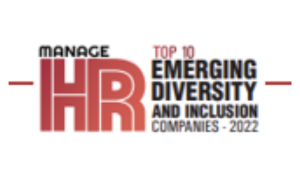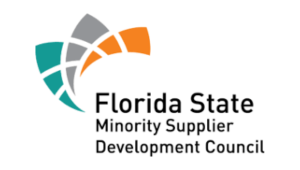Mental health and diversity and inclusion (D&I) are intricately connected. Employees from diverse backgrounds can face lack of representation, microaggressions, unconscious bias, and other stressors that impact their mental health and psychological safety at work.
“The effect of racism and racial trauma on mental health is real and cannot be ignored,” said Dan Gillison, the CEO of the National Alliance on Mental Illness, (NAMI) the nation’s largest grassroots mental health organization, in Forbes last year. “The disparity in access to mental health care in communities of color cannot be ignored. The inequality and lack of cultural competency in mental health treatment cannot be ignored.”
In response to global protests for racial justice, employers around the world are emphasizing their commitment to inclusion and social equity. Organizations must ensure employees from diverse backgrounds can access effective mental health support – a challenge that has been overlooked for too long.
- Recent acts of racism and violence, and the health disparities of COVID-19, are taking a toll on mental health.
- One study finds that anxiety and depression symptoms have more than tripled in Black and Latino communities in 2020, spiking after the murder of George Floyd.
- The health disparities of Covid-19 are also responsible, as Black and Latino Americans are three times as likely to become infected with Covid-19 as white Americans, and nearly twice as likely to die from the virus.
“It’s something that affects everyone, and it is here with us, among us,” said Andrea Kelton-Harris, senior human resources consultant for Harvard University’s Faculty of Arts and Sciences (FAS), in her opening address at the FAS Diversity Dialogue series, Mental Health as an Invisible Dimension of Diversity. “If our symptoms are invisible, how does our employer help us with it and be sensitive to them?”
- One in five people are impacted by a mental health issue in a year.
- Mental health is the diversity dimension that is often undetected, invisible and untreated due to stigma.
- Inclusive workplaces address mental health and enable leaders to create a stigma-free culture that is supportive and focused on awareness with prevention.
Initiatives that support diversity, inclusion, and belonging can also support mental health – and vice versa. As employers deepen their focus on D&I and racial justice, they should ensure employees from diverse backgrounds have the mental health support they need, from employee resource groups to counseling services to mental health screening tools. This can be an essential element of effective D&I strategy and investment.
In this ILG workshop, MENTAL HEALTH: The Next Diversity and Inclusion Initiative, we explain why mental health is the cutting edge of diversity and inclusion, address common perceptions about mental health at work, discuss real case studies from leading companies paving the way for mental health within their D&I strategies, and learn practical applications for including mental health initiatives aligned with your values and strategy to attract and retain a diverse workforce.
“Over 90 percent of employees are affected by mental health, both personally and their family members. It impacts every team and every collaboration. Companies that want to create inclusive workplaces need to make mental health a diversity and inclusion priority.” – Susan H. May, PhD, Inclusive Leaders Group Senior Advisor and Licensed Clinical Psychologist.








